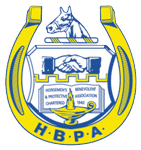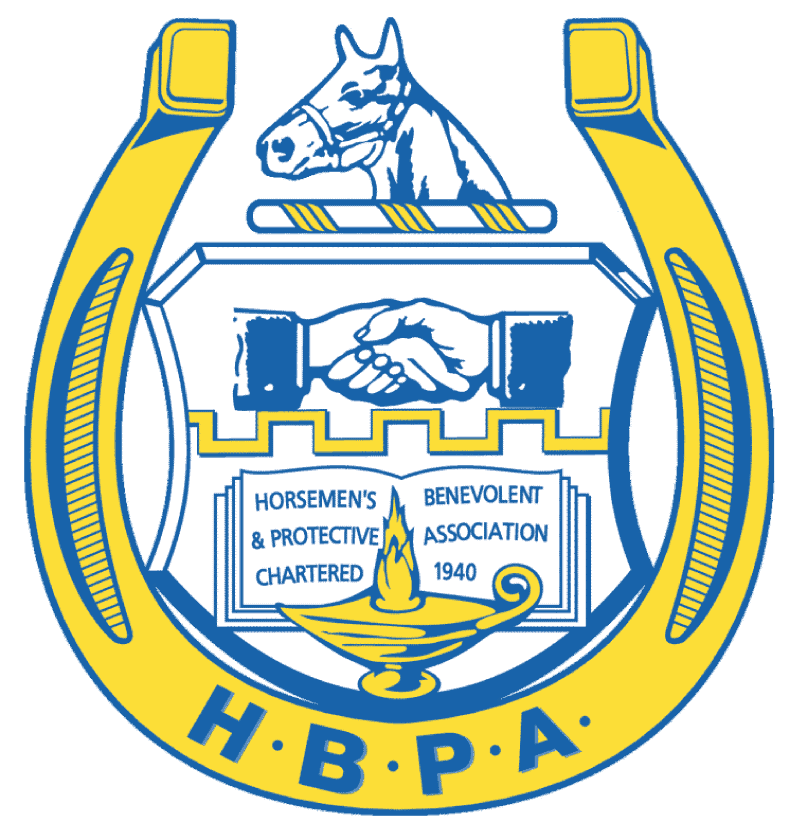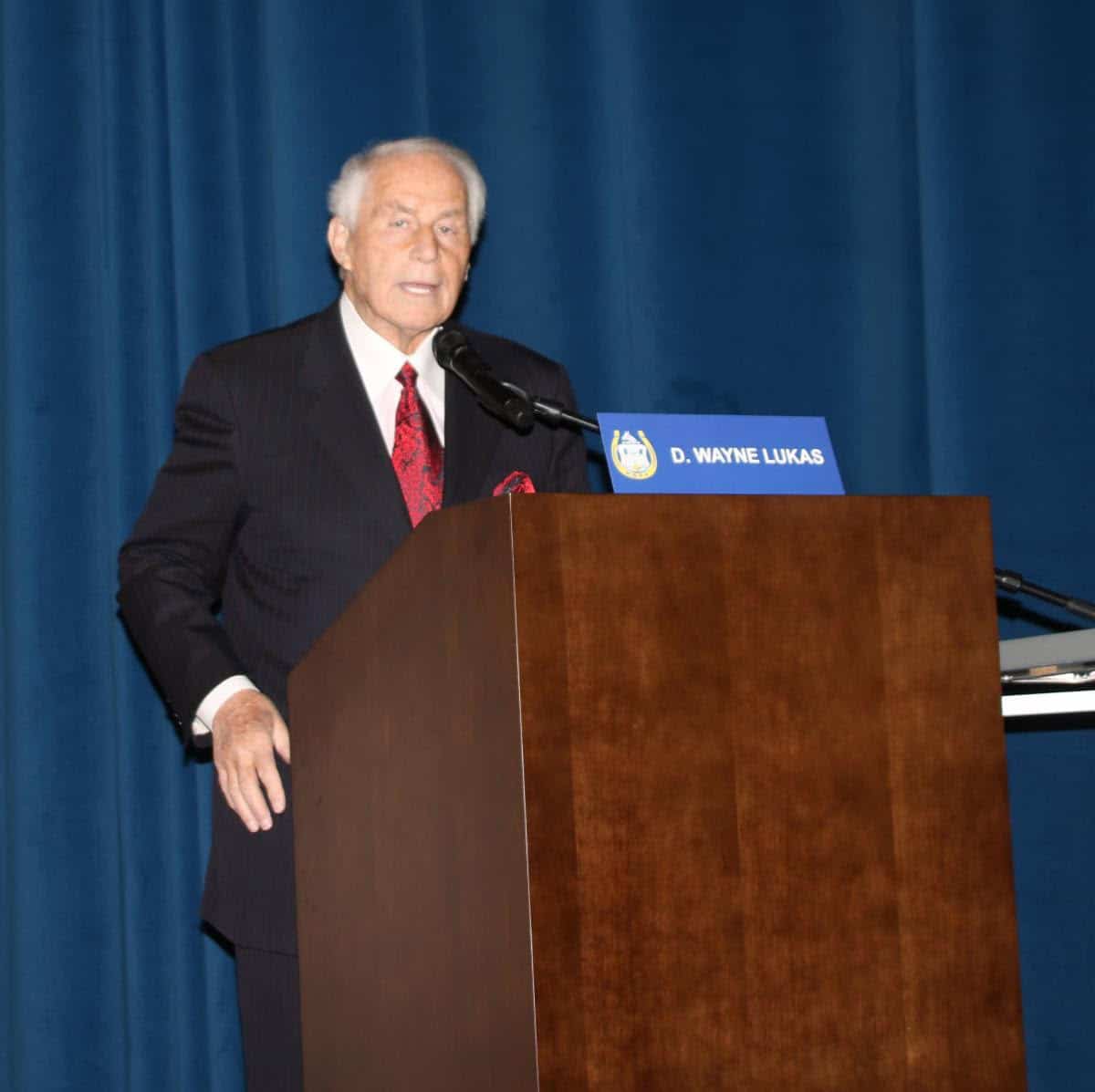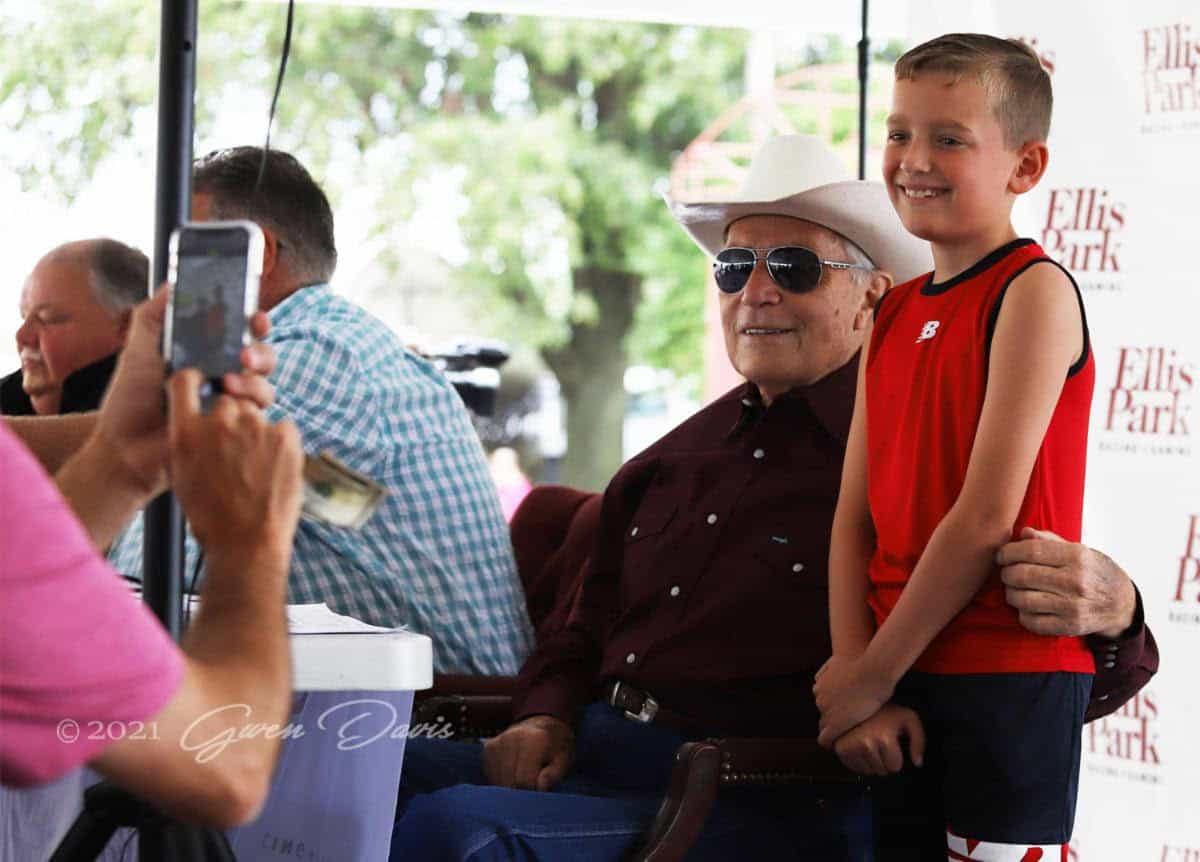Colonial Downs withheld $420k in payments to horsemen’s group
Richmond Times-Dispatch
Colonial Downs and its online betting company withheld $419,351 in payments to the Virginia Horsemen’s Benevolent and Protective Association over the past five months, arguing that the Thoroughbred group should no longer get a cut of online gambling revenues because it no longer has a contract with the New Kent County racetrack.
The Virginia Racing Commission, which regulates the industry, went into closed session during its meeting Wednesday to discuss “probable litigation” related to the dispute between the track and horsemen’s group. The money represents 5 percent of the online gambling revenue collected by EZ Horseplay, which is a sister company of Colonial Downs, between Nov. 1 and March 31.
A lawsuit could pit Jacobs Entertainment, which owns Colonial Downs, against the horsemen’s group, which represents about 1,200 owners, trainers and breeders of Thoroughbred horses in Virginia.
Stan Guidroz, regional vice president of Jacobs Entertainment and interim president of Colonial Downs, said the company expects that the commission will order the company to pay the horsemen’s group, and that the dispute will wind up in court.
With that dispute showing no signs of ending, and with the commission currently unwilling to license another horsemen’s group to race at Colonial Downs, Guidroz said he does not expect any races will be held there during 2015. The track is laying off its remaining employees, though Guidroz said Wednesday that a few will be retained to secure and maintain the track.
“All negotiations with (the horsemen’s group) have ceased, and all of the lease discussions are done,” he said. “We are looking for a group with different goals and vision. We think we can co-exist with (the horsemen’s group) … but they don’t want to work with Colonial Downs any further.”
Colonial Downs wants to run the Virginia Derby and a few other high-stakes races while focusing on its profitable betting facilities and online gambling operations.
Wayne Chatfield-Taylor, president of the Virginia Thoroughbred Association and owner of Morgan’s Ford Farm in Front Royal, told the commission that Colonial Downs’ model will not work for the horse industry in Virginia.
“We need a lot of racing days. Colonial Downs wanted a six-day ship-in meet with no stabling and training,” Chatfield-Taylor said. “This is an interesting time to redefine racing. The monopoly system did not work.”
Virginia’s horse-racing laws required an unlimited license holder — Jacobs Entertainment, which owns Colonial Downs — to hand over 5 percent of gambling revenue to fund purses that are controlled by the “recognized majority horsemen’s group.” For the past 20 years, that’s been the horsemen’s group.
But when the racetrack and horsemen could not agree on the length of the 2014 racing season, the meet was canceled and Colonial Downs surrendered its unlimited license.
James L. Weinberg, the president of Hirschler Fleisher and Colonial Downs’ attorney, told the Virginia Racing Commission on Wednesday that when the track and horsemen failed to reach a contract last fall, the horsemen’s group lost its status and its access to gambling money, an assertion the horsemen’s group disputes.
Weinberg also said the racing commission lacks the authority to designate who the majority horsemen’s group is, though legislation that passed the General Assembly in February would give the commission that authority as of July 1.
That legislation, which was sponsored by state Sen. Jill Holtzman Vogel, R-Fauquier, and Del. Edward T. Scott, R-Madison, was designed to restart Thoroughbred racing in Virginia after last year’s canceled season.
But when negotiations between the track and horsemen broke down again in recent weeks, Gov. Terry McAuliffe amended the bill at the request of Vogel, Scott and an alliance of horsemen’s groups. McAuliffe’s amendment says that if Colonial Downs does not seek a license by Aug. 1, a horsemen’s nonprofit group can reopen satellite betting parlors.
Vogel described the amendment as a backup plan that would “let the horsemen move on” and should ensure that the Thoroughbred industry can continue in Virginia at other tracks. Money from online betting pays for the industry’s various operating costs.
Clinton Miller, a member of the commission, said during Wednesday’s meeting that he learned about the proposed amendments from reading the Richmond Times-Dispatch, not from the racing commission’s staff or from the Virginia Equine Alliance, which is the group that wants to take over the betting parlors if Colonial Downs does not renew its license.
Bernard Hettle, executive secretary of the commission, said he had not seen a copy of the proposed amendment, which will be debated by the General Assembly on Wednesday.
The Virginia Equine Alliance is a collaboration of the horsemen’s group, the Virginia Thoroughbred Association, the Virginia Harness Horse Association and the Virginia Gold Cup Association, which represents steeplechase racers.
Jeb Hannum, executive director of the alliance, said the group hopes to hold harness races at Oak Ridge in Nelson County in October, with turf racing beginning as soon as next year. The group is also seeking to expand harness racing in Woodstock and to expand the Virginia Gold Cup, a set of steeplechase races held in Northern Virginia in May and October.
The law that is before the General Assembly would give the Virginia Equine Alliance 4 percent of the funds from online gambling. Some of that money would go to the Virginia-Maryland College of Veterinary Medicine at Virginia Tech and to the Virginia Horse Center in Lexington. The rest, Hannum said, would be devoted to developing new racing sites around the state.
Miller, a Republican who served in the House of Delegates for more than 20 years before becoming a commissioner at the State Corporation Commission, said the equine alliance and track should have worked out their differences before taking their “turf war” to the General Assembly this winter. He said he agreed with Colonial Downs that there needs to be more high-purse races with nationally known horses.
But he also said there needs to be a full schedule of smaller races to help Virginia breeders train and improve their horses.
“We have one of the best tracks in the nation sitting in New Kent County, and it’s a shame not to have it being utilized,” Miller said.





